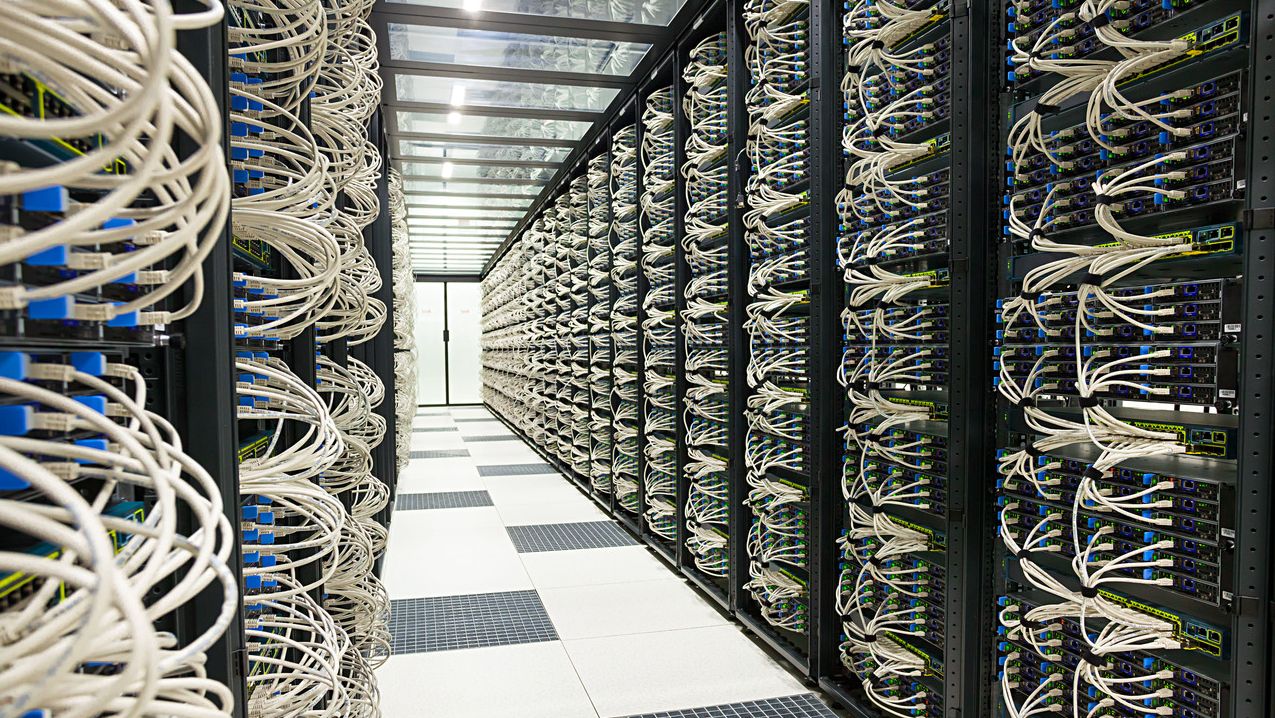
New research has claimed the rapid development of, and demand for, generative AI has accelerated the rate of greenhouse gas (GHG) emissions from data centers.
A report from Morgan Stanley suggests the datacenter industry is on track to emit 2.5 billion tons by 2030, which is three times higher than the predictions if generative AI had not come into play.
The extra demand from GenAI will reportedly lead to a rise in emissions from 200 million tons this year to 600 million tons by 2030, thanks largely to the construction of more data centers to keep up with the demand for cloud services.
Net-Zero targets
Morgan Stanley's report outlined 60% of the emissions figure will come from the operations of the data centers as they require massive amounts of power to run. The remaining 40% is likely to be thanks to the carbon emitted from the manufacturing of the construction materials and infrastructure for the centers.
With Google already reporting a 48% increase in emissions over the last five years, unsurprisingly, this brings net zero emissions targets into question. The tech industry already amounts to 40% of the entire annual emissions from the US - so carbon dioxide removal technologies are poised to play a key role in achieving environmental targets.
The difficulty in mitigating the environmental impact of data centers is that they can reduce energy consumption through water-cooling systems, but it takes an enormous amount of water to do so. With water becoming a more precious resource, those systems hamper tech giant’s green goals and place huge strains on areas with ‘high water scarcity’.
There’s uncertainty around the future of AI and its impact on the environment. The carbon removal and carbon capture, utilization, and sequestration (CCUS) technologies are not yet fully developed. Morgan Stanley suggests CCUS tech needs a $15 billion investment to bring them up to standard. The research also points to reforestation projects as a possible tool for net-zero targets in the future.
Via The Register
More from TechRadar Pro
- Check out our pick of the best small business software
- Exploring the impact of GenAI on digital transformation today
- Take a look at our CPU cooler choices







